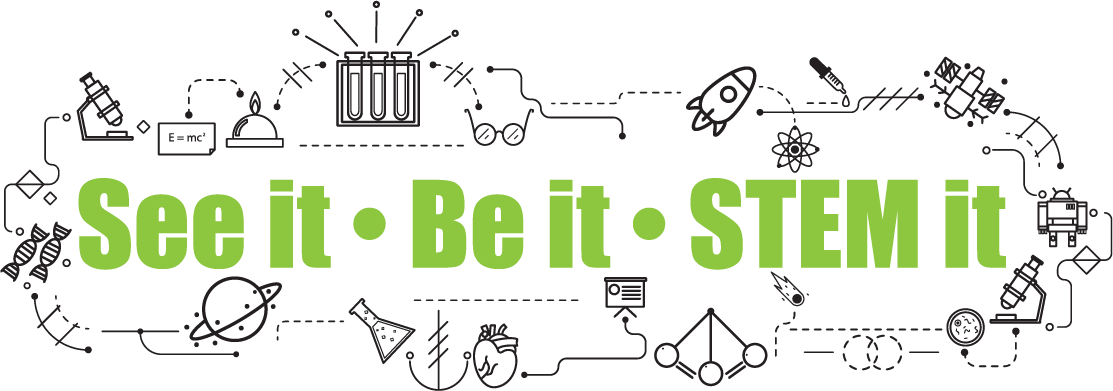Meet Hannah Le
Hannah Le is currently in a program with The Knowledge Society and has plans to graduate with a Bachelor of Science in engineering from the University of Toronto. She is currently a Medical Physics Researcher at Princess Margaret Hospital. Hannah states that she's a "proud nerd," in her down time you can find her watching Richard Feynman's physics lecture series and 3Blue1Brown videos.
When did your love of STEM begin?
My parents really instilled the love for math and sciences in me ever since I was a kid. They taught me that mathematics was not merely a number - but a way through which we communicate with nature. The better of a communicator you are, the better you understand the world and hence be able to solve its problems! The first problem that I fell in love with was hearing loss. Growing up with a cousin who suffered from hearing loss, I was motivated to dive deeper into regenerative medicine after reading two papers at Stanford and the University of Toronto on how stem cells can be used to reverse deafness. After successfully convincing my parents, I left my home country Vietnam to move to Toronto at 16 and later join the Li Ka Shing Institute to work on engineering artificial ear cartilage with a post-doctoral student. Although the experiment was minor in the large scheme of scientific progress in medicine, it sparked an insatiable curiosity to see how we can manipulate cells at a microscale, combined with Mother Nature's language - Math - to solve some of the world's biggest problems. My knowledge was amplified when I joined the Knowledge Society, where I dived deeper into genetic engineering, aging, and machine learning.
What is the best part about working in the field of STEM?
You get to explore the unknown and challenge yourself. It's almost like playing a video game, where you start out a group of people, and everywhere around you is dark. Then the more you walk around, the more bright regions there is, and the more likely you'll discover something interesting. One of my favorite moments during my work at the University of Toronto is when my experiment worked (after multiple times of failing and "losing" the game), and we were able to understand how a gene could lead to something as unbelievable as reversing aging. It's very fun to be able to defy certain norms and prove that something is possible or not possible.
What advice would you give young women interested in a career in STEM?
Challenge the assumptions made by the authority and by yourself. We are raised to learn and believe everything that is straight from the textbook. But have you ever wondered "What if the textbook is wrong? What if what the science teachers say is wrong? How could I be wrong in thinking that XYZ is true?" The moment you stop and ponder these questions is when you learn how to be creative and think independently from the ground up. From Galileo to Elon Musk, one question is what starts a whole series of what could be life-changing for humanity. So don't always just go with the motion for the sake of "doing stuff". Pause, ask, reflect, and repeat.


